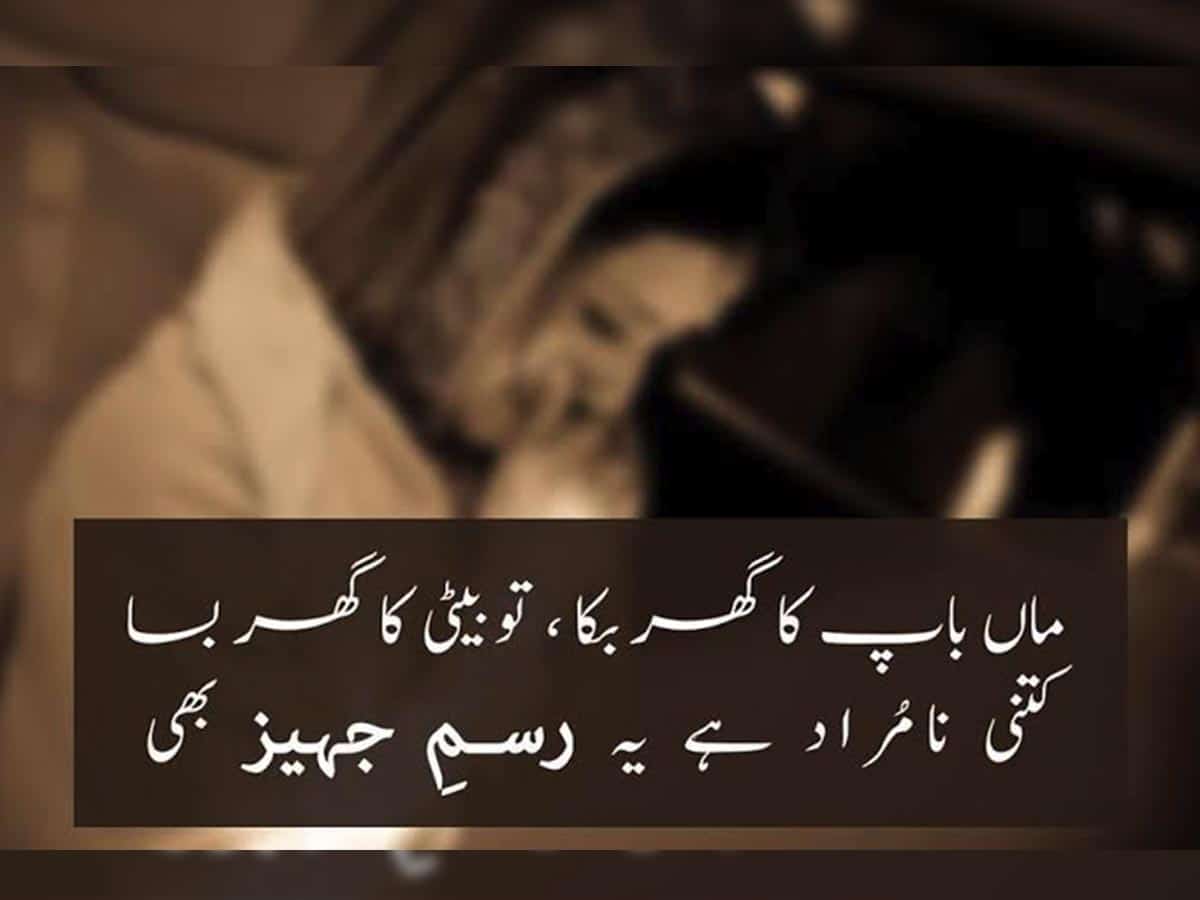
There are no signs that the dowry system would end anytime soon. With changing times, the methods of seeking dowry are also taking new shapes.
Please, remember, I am not talking about the poorer classes—Only the middle and lower-middle classes.
There was a time when dowry was demanded directly. The questions always centred on how much cash is given as jode ki raqam (the money given to the would-be bridegroom for his wedding outfit); apart from regular household things like fridge, TV set etc. “We are sure you would be gifting a new Hero Honda for the boy…is not it.”
The list of things that are demanded is always long and disgusting. It tells you about your position in society and the position in which you have been raised and living.
The parents of the would-be bridegroom counter by saying that the girl’s parents seek matches from boys who have strong financial backgrounds. Why shouldn’t they do so? They are going to hand over their precious daughter to a person, to a family with which there has been no contact, no knowledge. It is only in the hope that the girl would find a home where she would live happily ever after.
The people in the society who, on their own, offer ‘gifts’ to the would-be bridegroom and his family could be the main culprit as they are setting a bad example that not everyone might be able to afford. They raise the expectations of all “silent dowry seekers”.
So much so that now the boy’s parents are seeking out such families who ‘happily’ offer high-value gifts on their own.
Here, I would say that while the dowry-seeking boys should be condemned, those families of the girls should also be taken to task for setting examples which are essentially evil.
One cannot shield oneself from an evil act by wrapping it as a gift.
There is also a category of persons who pretend that they are against the dowry system. But their true colour is revealed once the match is fixed.
In a way, they are the most hideous ones. Now they would ask for a ‘grand dinner’ on the ‘D-day.’ They would say in a simple but impactful manner, “We do not want anything. But keep in mind that the dinner should be grand. We would be inviting about 1000 guests. You know our family circle is very big. Then there are friends to be invited. Even after inviting 1000 persons, there would be a lot left who would complain about not inviting them.”
The next line could be, “We are sure you are giving good furniture. Please keep in mind our position in society.” They would conclude their camouflaged talk by saying, “You know that whatever you would be giving, it would be for your daughter…You would be pleased to know that we have created a separate section for the bride and bridegroom where they would be living comfortably.”
They also claim how progressive they are and how the dowry system has destroyed society. But if the girl goes to the in-laws without much saaz-o-samaan (paraphernalia) her life would soon turn into a living hell.
She would be taunted at every step of the way. Her parents will be called ‘uncivilised’ because they do not know the ways society functions. Amid the pressure, the newly wedded bride would be forced to wish that she had not listened to her parents and remained unmarried.
On the other hand, there are some signs of hope too. Through consistent campaigning by individuals, groups and some sections of the society, a few families and their young boys have taken a pledge not to seek dowry in any form and live a happy, content life.
In a middle-class family, the preparation for the marriage begins with the birth of the girl. The parents, particularly the mothers, begin to collect things for her wedding, two decades in advance. They buy clothes, jewellery and save up in anticipation of the big day.
I came to know of a person who was seeking a loan of rupees 1.5 lakh merely to arrange dinner for the guests on the wedding day of his daughter. No one came forward to help him. He was forced to borrow money from the open market, at a heavy rate of interest. When would he be able to pay the borrowed money? He does not know. In fact, no one knows.
Society, on the other hand, remains oblivious to the hardships that he begot attempting to wed his daughter.
My plea to my readers is that let us join hands to fight against the evil of dowry. There is no hope unless we do that urgently and forcefully.
Amatur Rahman is a Ph D scholar with Maulana Azad National Urdu University with a passion for societal reforms.
